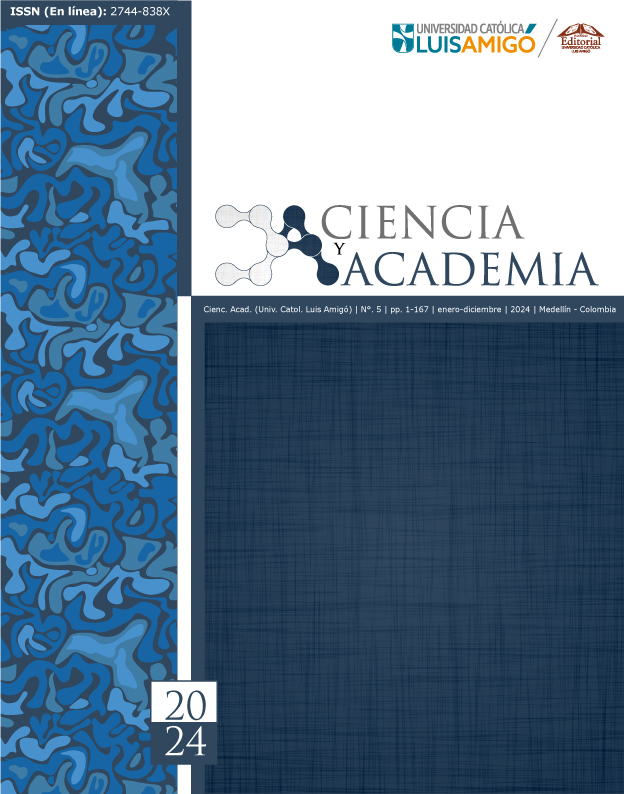The Will, a link between the supreme good and the inclinations
DOI:
https://doi.org/10.21501/2744838X.4567Keywords:
Moral philosophy, Will, Categorical imperative, Highest good, ReasonAbstract
In this article, the Kantian concept of Will is investigated, in order to answer the question: how is the supreme good and the inclinations objectively related? For this purpose, it starts from the conceptual conceptions of morality in Kant argued in his works, more precisely from his second Critique. According to Kant, the Will is the desire to obey the laws of reason, that is, the moral laws, without any interference from sensory pathologies. In order to try to find the objective possibility between reason and inclination, I maintain, based on second readings of interpreters of Kant, such as Schnewind, for example, the optimistic position in which man is in full desiderative faculty to subsume his actions to the judgments of reason. The title of this article allows us to visualize how the Will serves as a link between the principles of reason and the empirical objectivity of actions. The concept of Will in
Kant makes it possible to clarify the rational capacities with which human nature has been endowed, which would be as much as to say that, yes, it is possible, once one has critically reflected on the formal structure of morality in Kant, get to obtain acts in the fundamental empirical plane from the reason and not from the pathological inclination.
Downloads
References
Kant, I. (2016). La religión dentro de los límites de la mera razón (3ª edición). Alianza.
Kant, I. (1978). Crítica de la razón pura. Alfaguara. Kant, I. (2010). Fundamentación para una metafísica de las costumbres. Gredos,
S.A.
Kant, I. (2010). Crítica de la razón práctica. Gredos, S.A.
Kant, I. (1999). Crítica del Juicio. Colección Austral. Espesa.
Kant, I. (1995). La metafísica de las costumbres. Rei Andes Ltda.
Kant, I. (2002). Lecciones de ética. Crítica, S.L.
Cassirer, E. (1948). Kant, vida y doctrina. Fondo de Cultura Económica, S.A.
Bilbeny, N. (1994). Kant y el tribunal de la conciencia. Gedisa.
Urdanoz, T. (1991). Historia de la filosofía IV siglo XIX, Kant, idealismo y espiritualismo. Biblioteca de Autores Cristianos.
Schneewind, J. (2009). La invención de la autonomía. Fondo de Cultura Económica.
Bowman, C. (2013). Una deducción del concepto de sumo bien kantiano. Signos Filosóficos, 15(29), 195-222. https://signosfilosoficos.izt.uam.mx/index.php/SF/article/view/510/485
Vorpagel da Silva, L. (2016). Sobre el problema de la libertad en Kant. Anales del Seminario de Historial de la Filosofía, 33(2), 541-559. https://doi.org/10.5209/ASHF.53596
Sobarzo, M. (2009-2010). La inflexión de la voluntad: Kant-Arendt. Revista de Filosofía, (18-19), 73-94. https://ediciones.ucsh.cl/index.php/hirf/article/view/555/503
Villarán, A. (2015). El sumo bien kantiano: el objeto construido de la ley moral. Pensamiento, 71(268), 827-843. https://revistas.comillas.edu/index.php/pensamiento/article/view/6398
Published
How to Cite
Issue
Section
License
Copyright (c) 2024 Ciencia y Academia

This work is licensed under a Creative Commons Attribution-NoDerivatives 4.0 International License.
La revista y los textos individuales que en esta se divulgan están protegidos por las leyes de copyright y por los términos y condiciones de la Licencia Creative Commons Atribución-No Comercial- 4.0 Internacional. Permisos que vayan más allá de lo cubierto por esta licencia pueden encontrarse en http://www.funlam.edu.co/modules/fondoeditorial/






